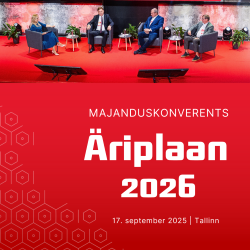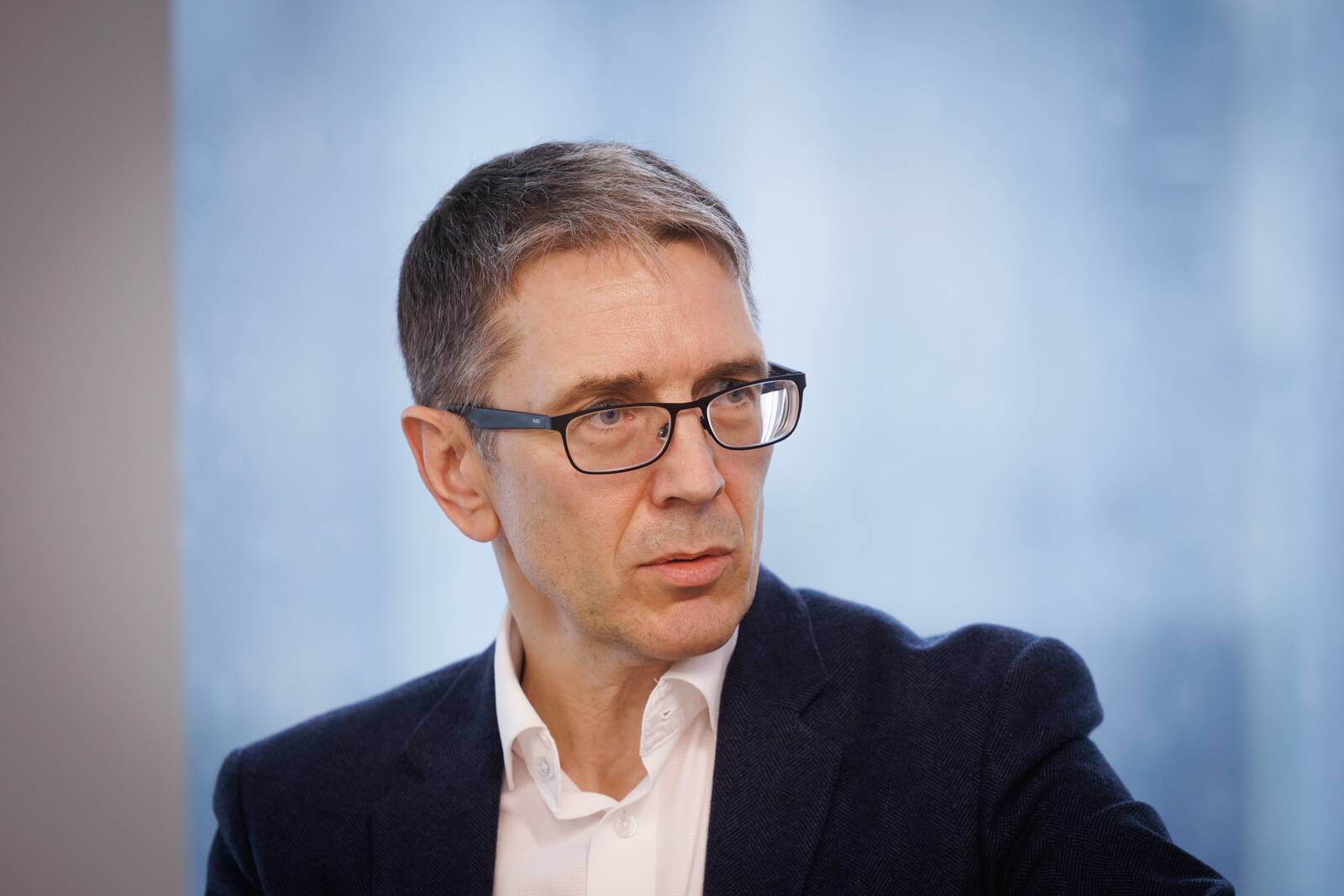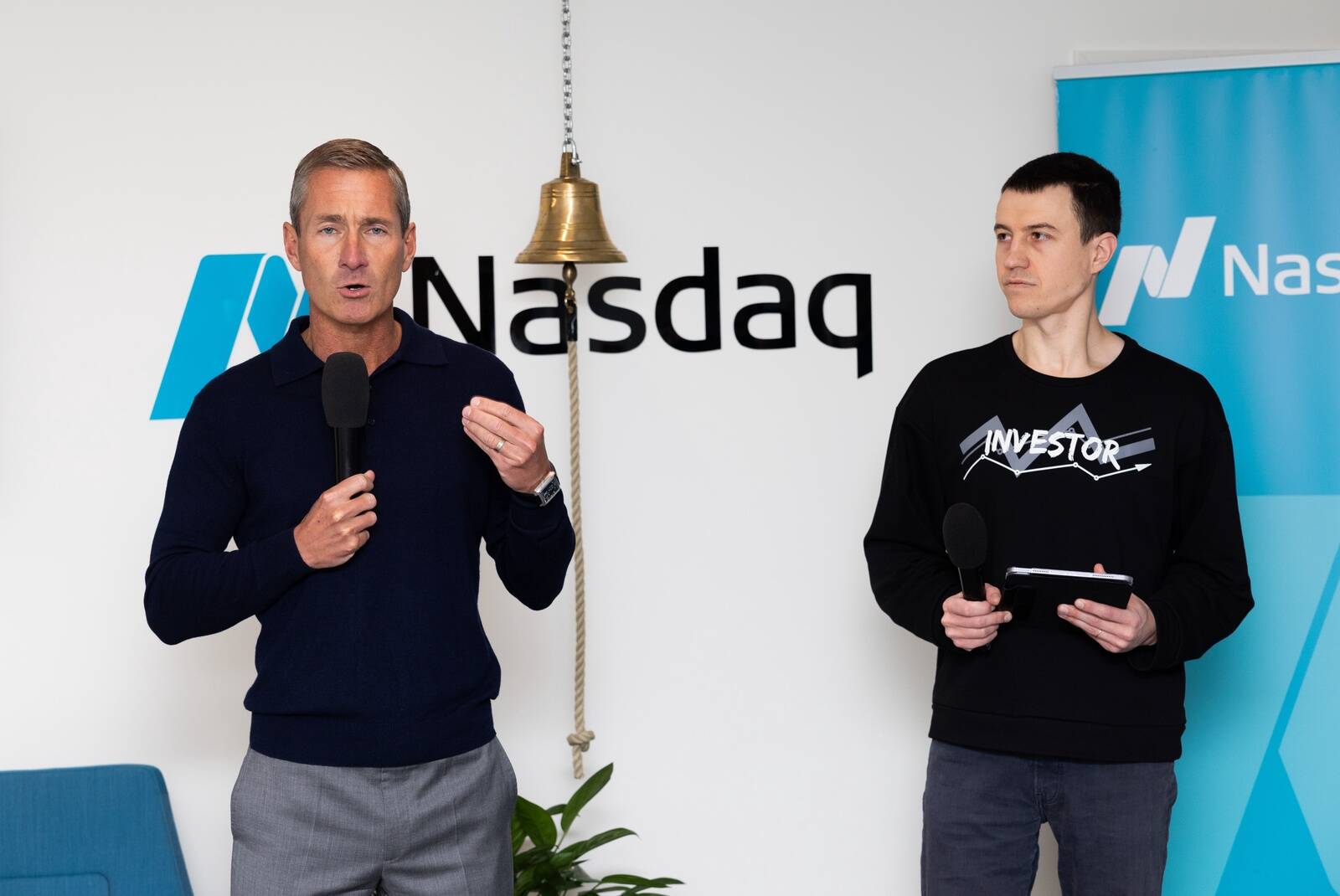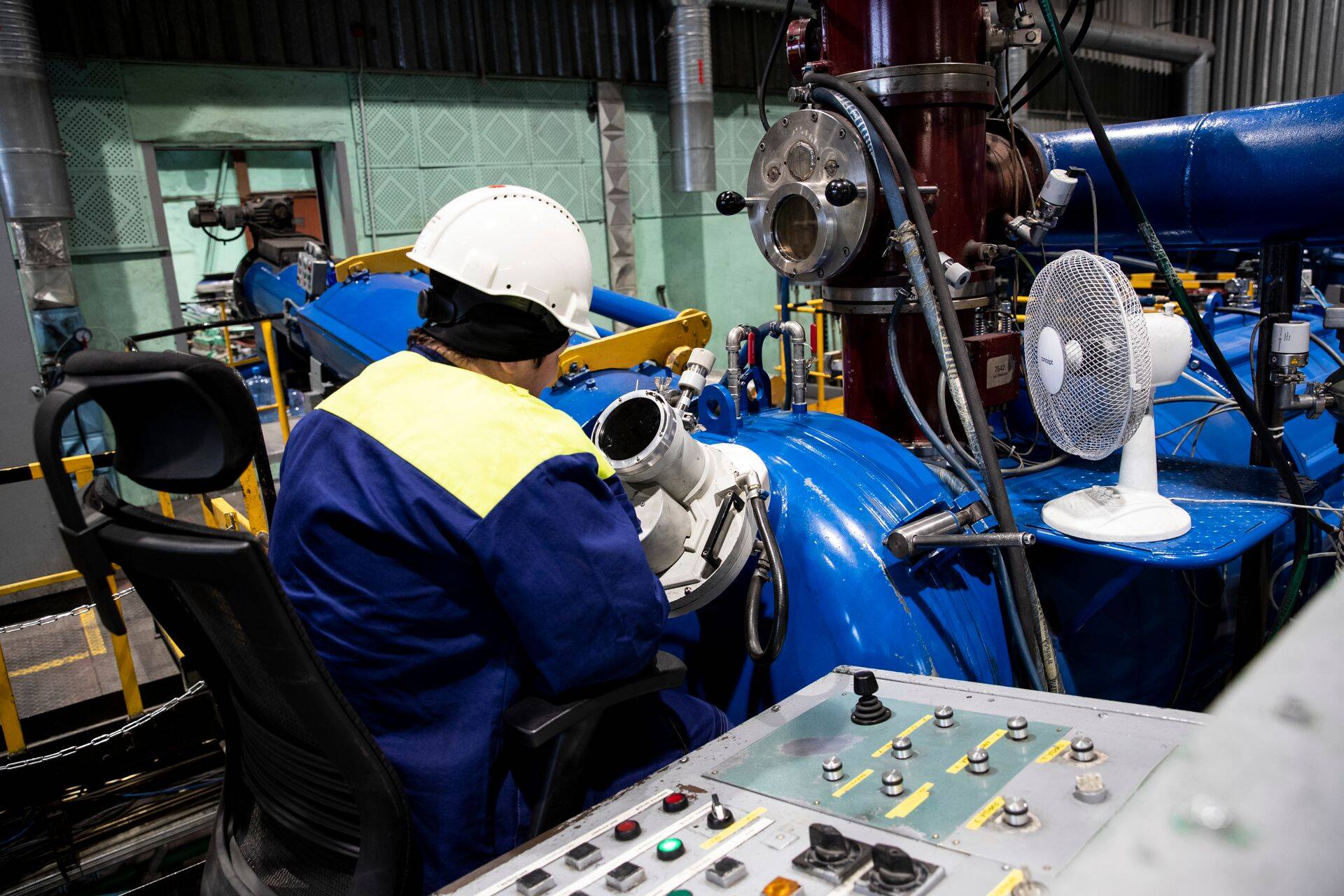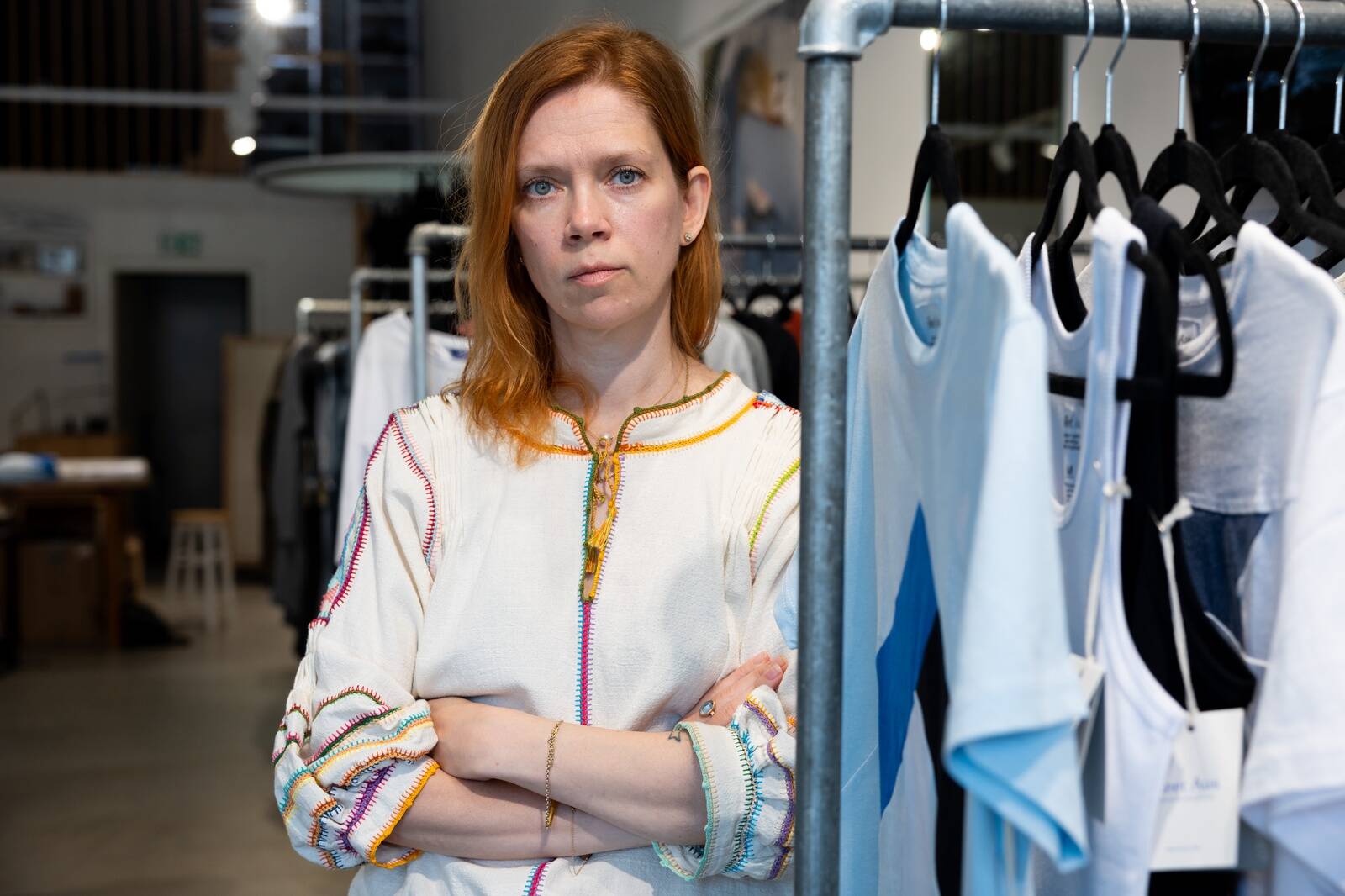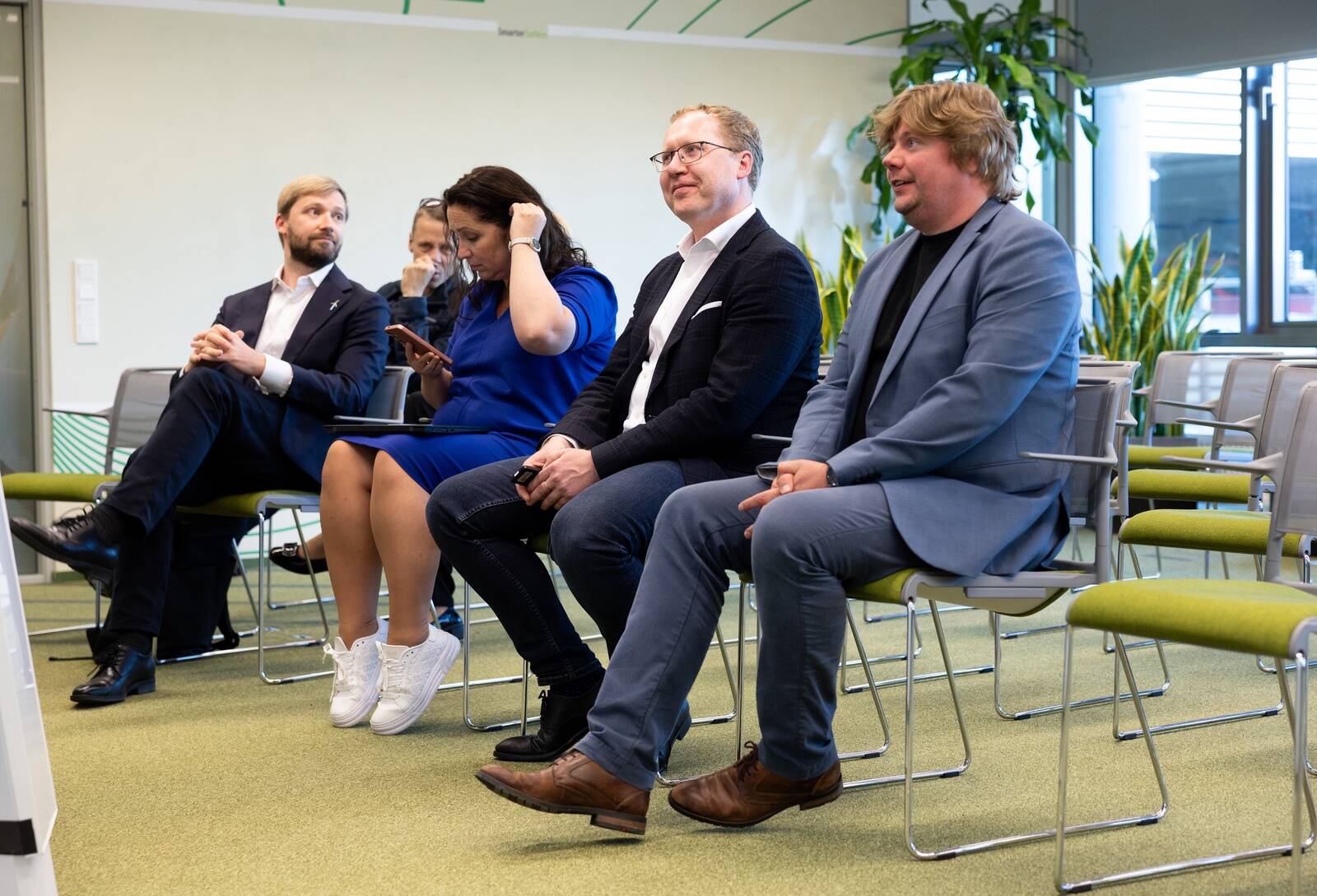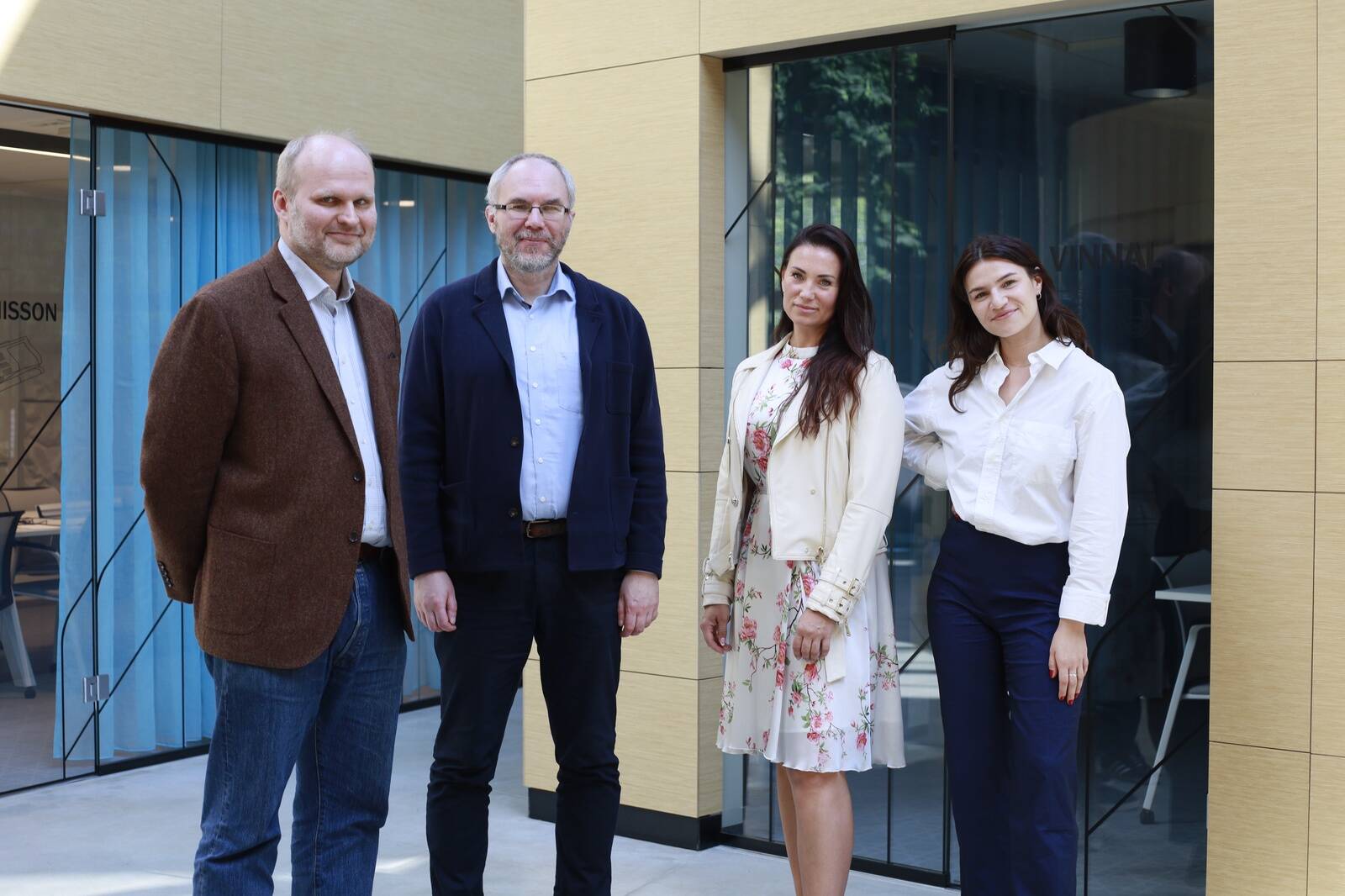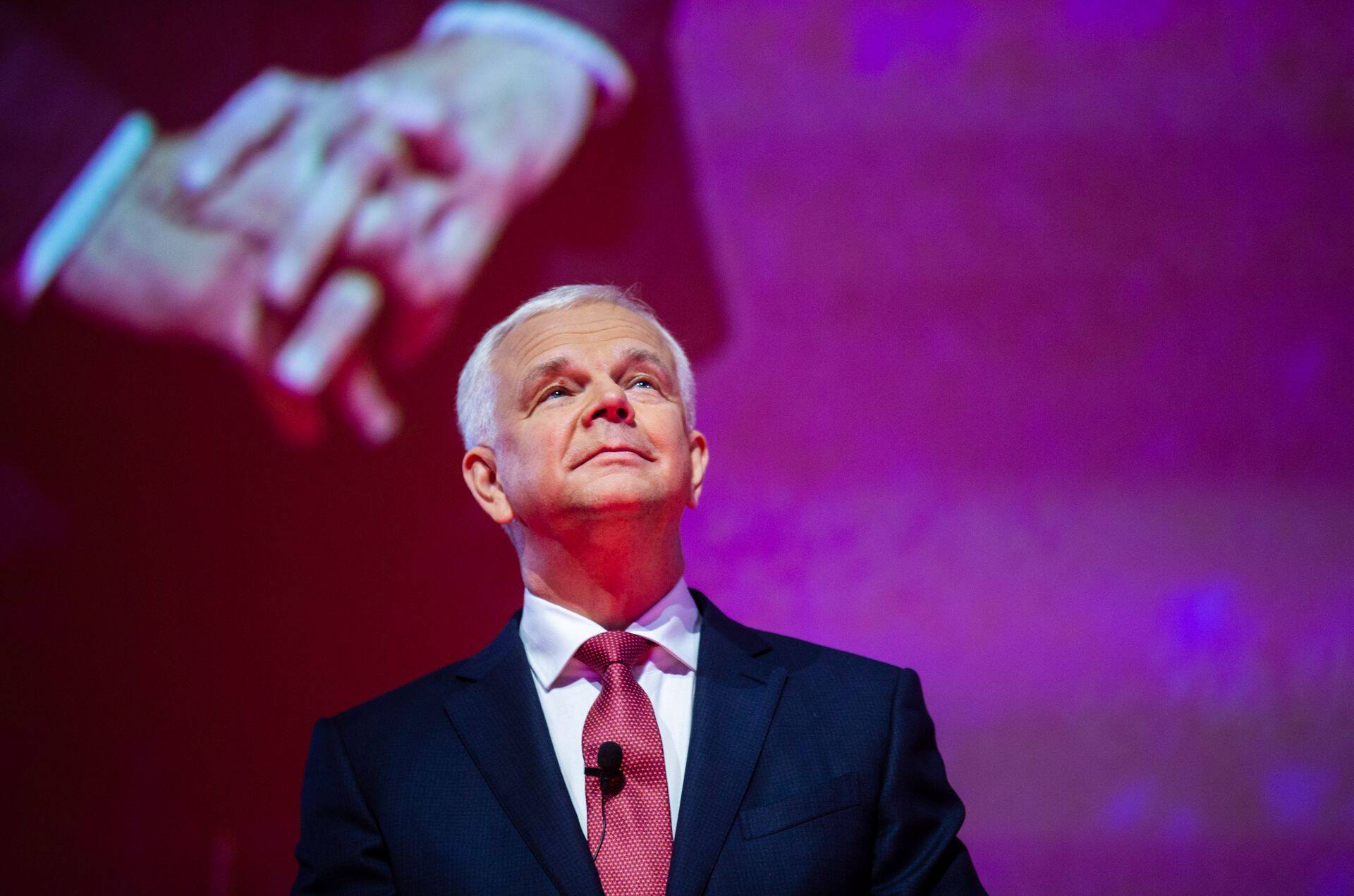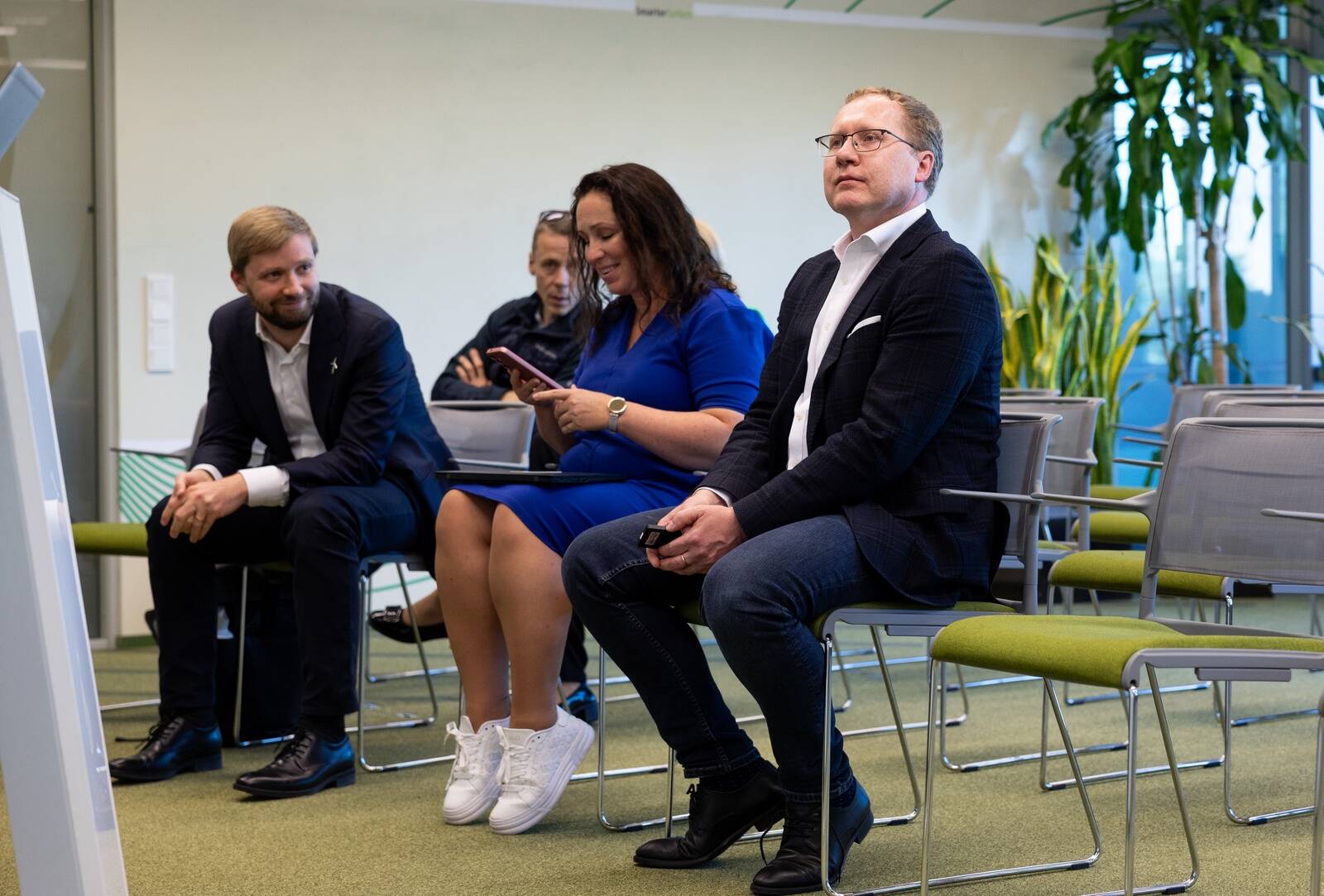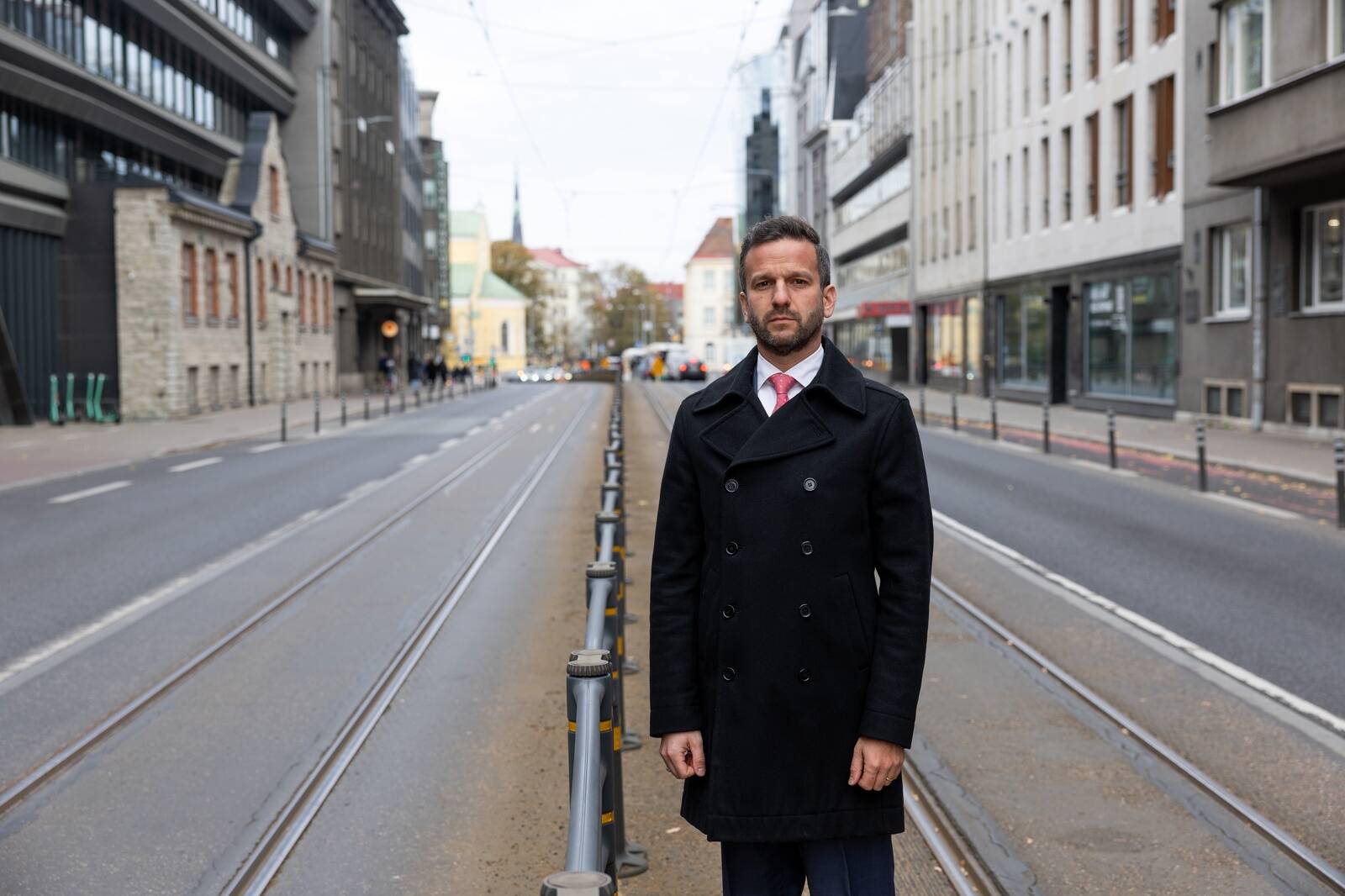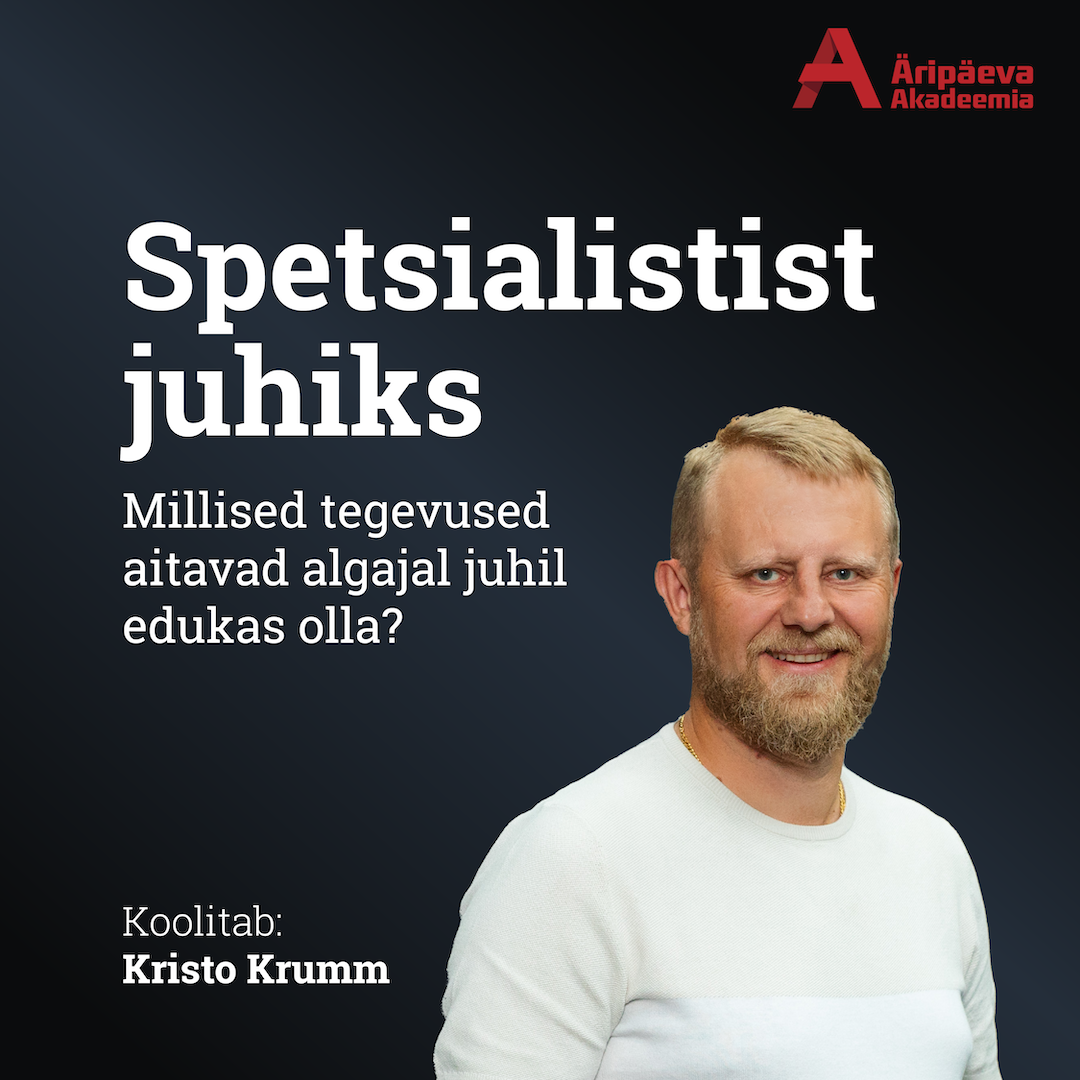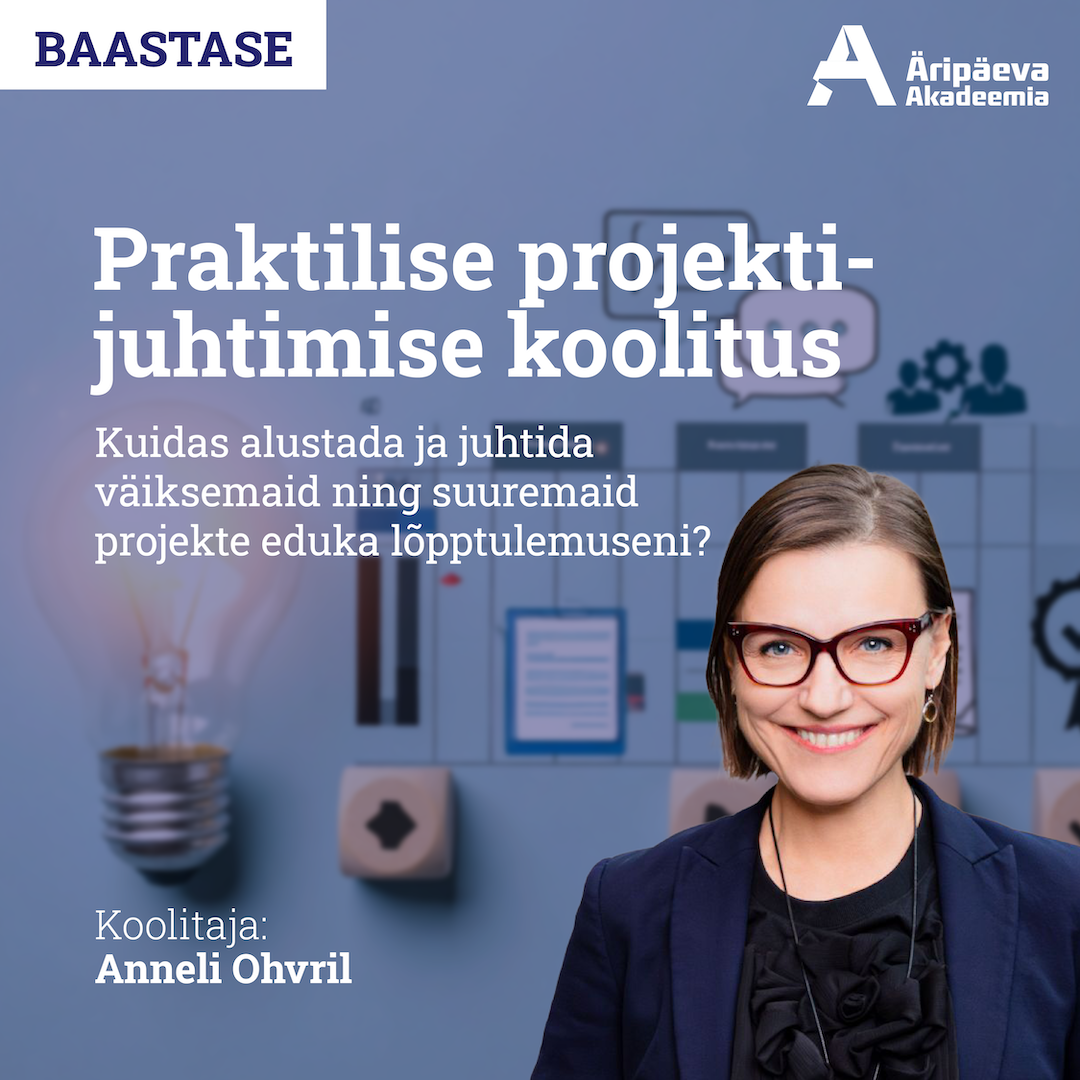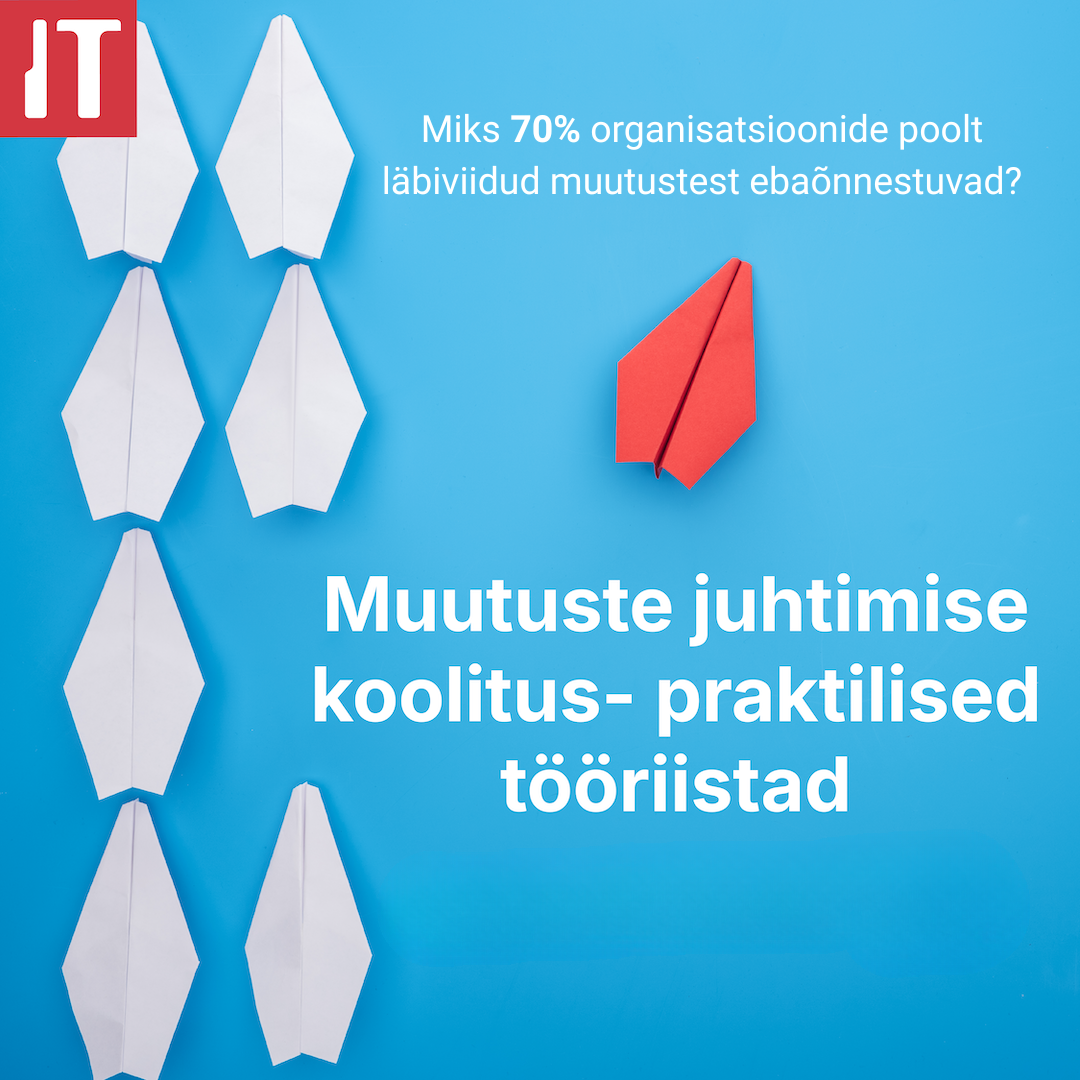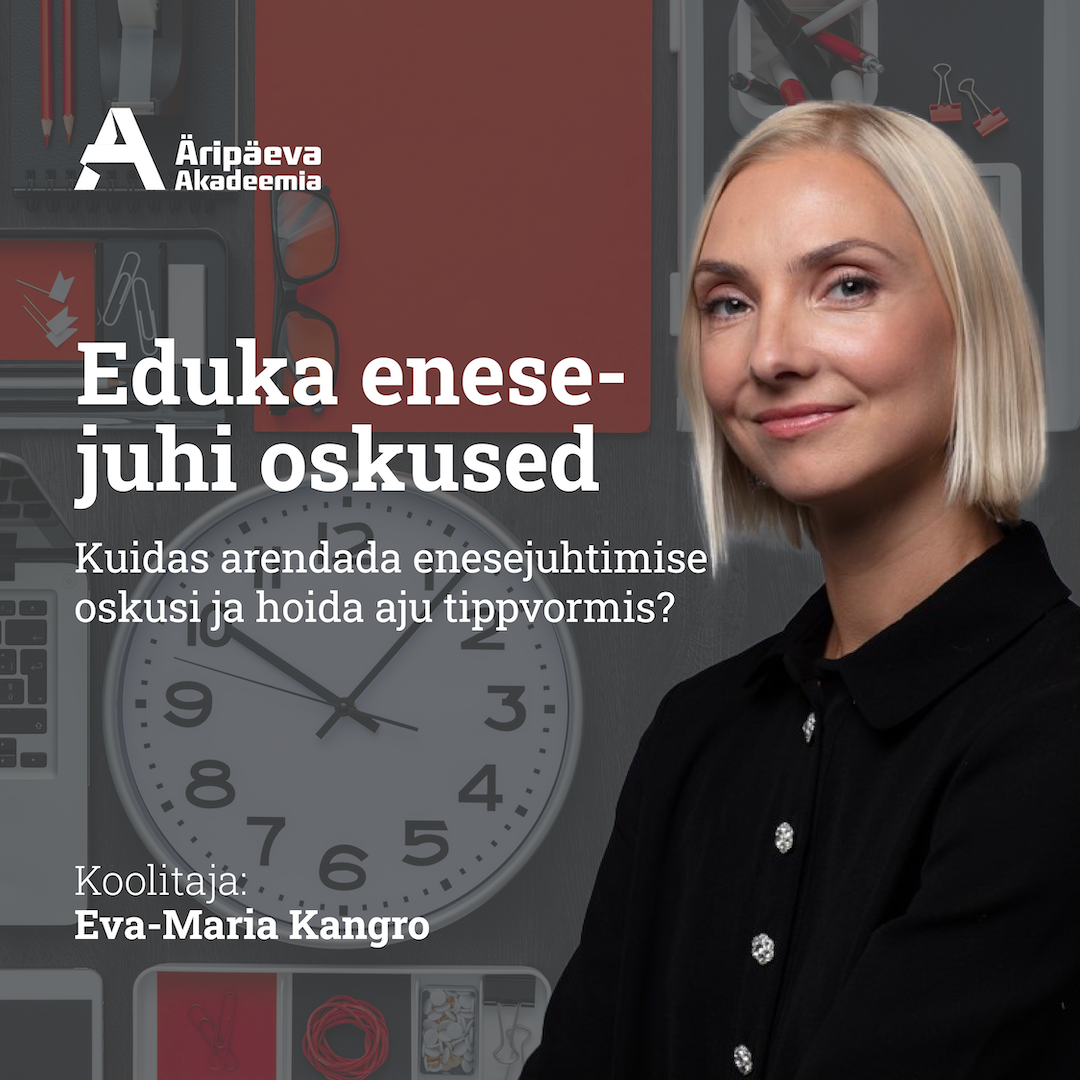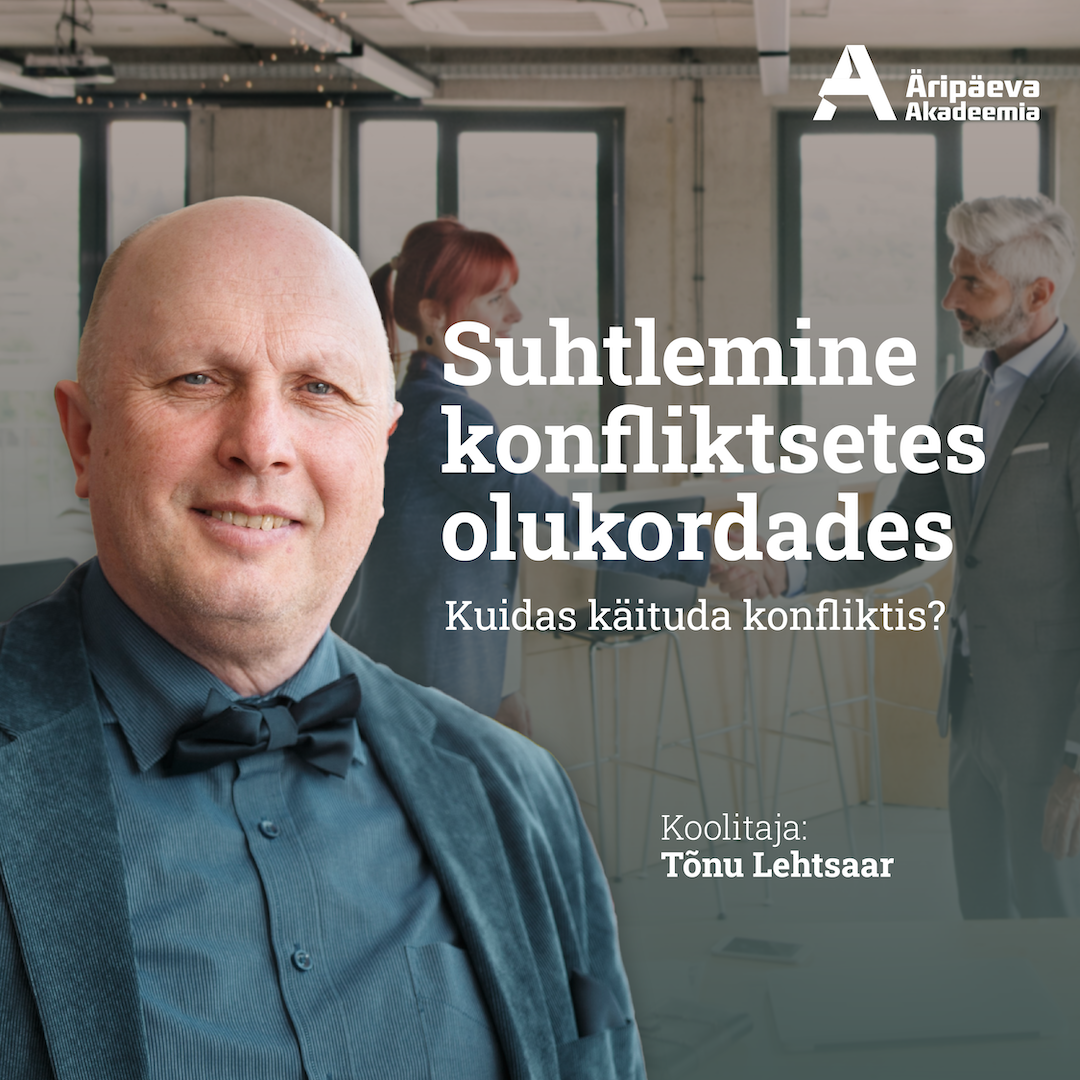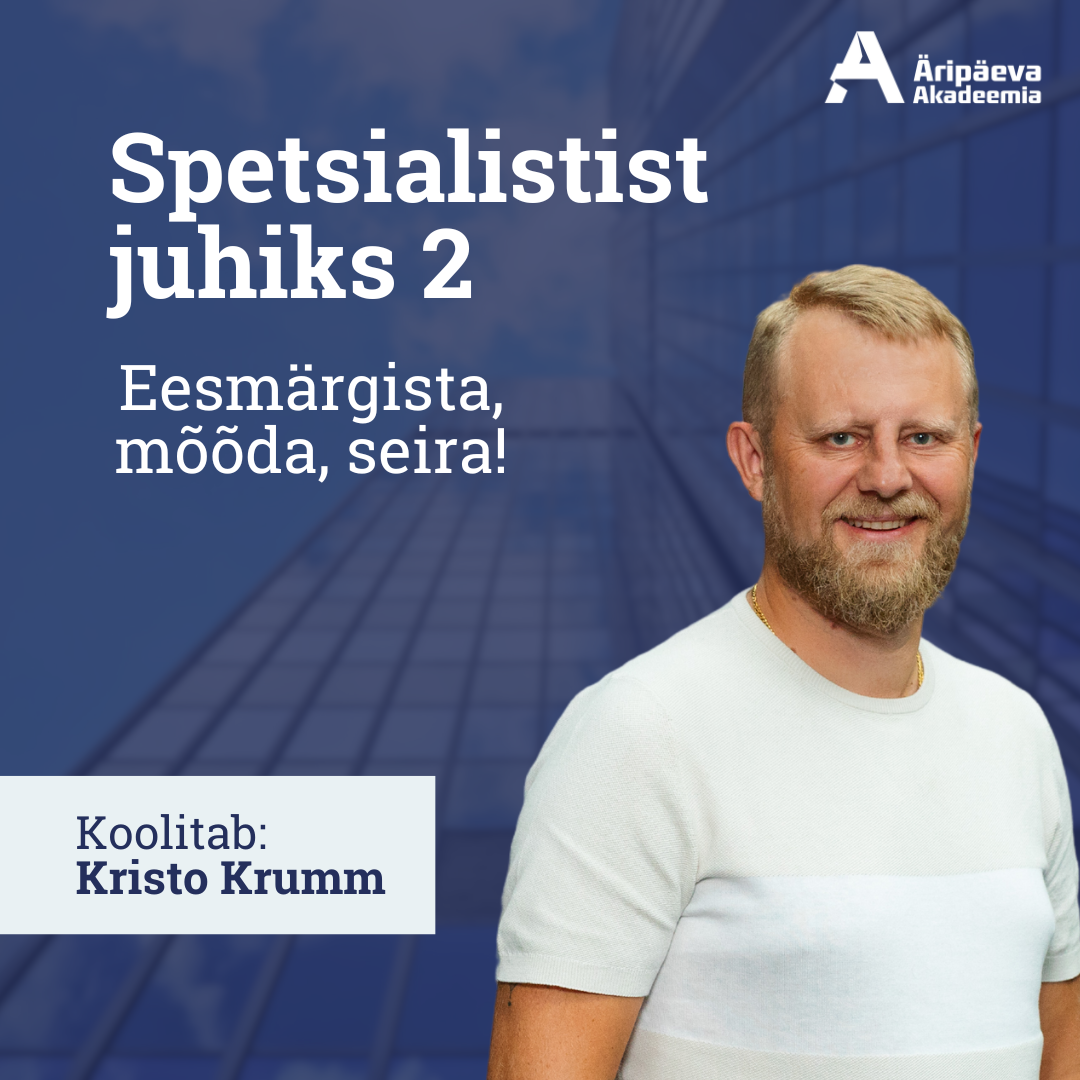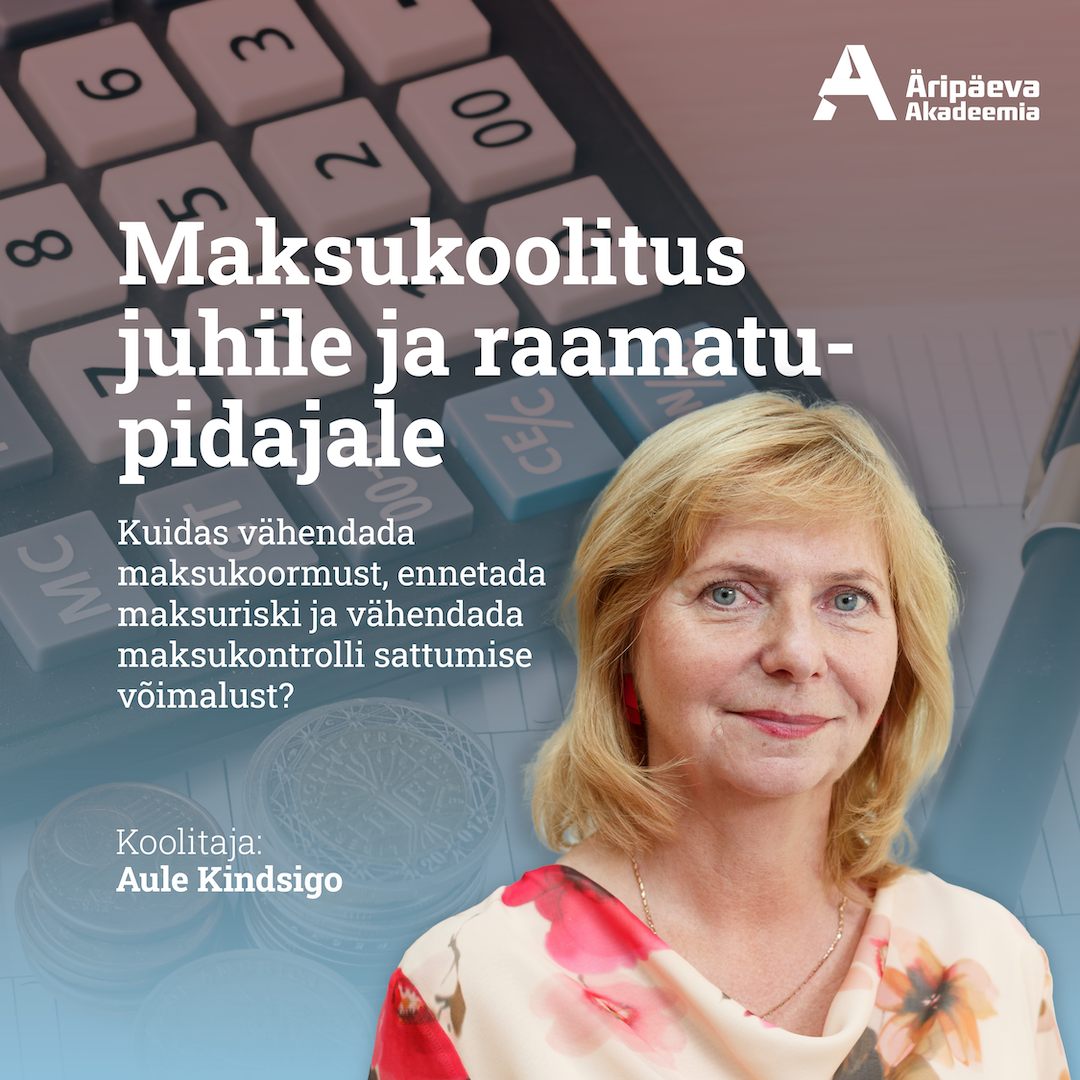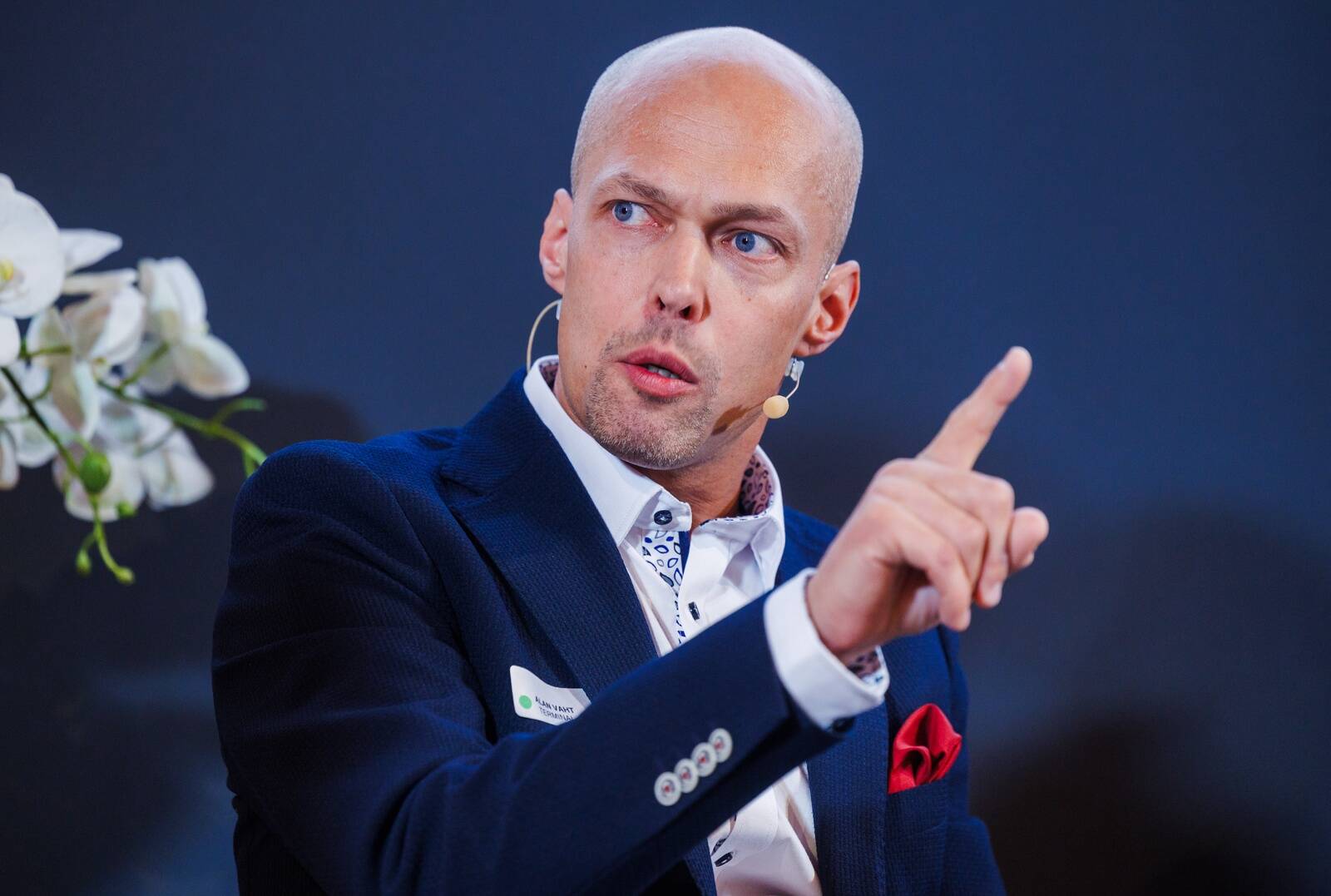When choosing a partner in logistics customers are said to look more for long-time relationship with the supplier and reliability of the services. Some years ago, the price was the most important criterion.
Transport companies and logistics operators have been saying for years that Estonian customers do not search for good and reliable services but choose a logistics partner who can give the best (read: the cheapest) price. Now, according to the researches, the trend is changing.
"I, as a buyer of the services, negotiate with my partners how to develop the services not how to decrease the prices," notes Pärtel Tomberg, logistics manager of Quelle Halduse OÜ. "The price is important too but not only. The ratio of price and quality is what we are paying attention for."
Artikkel jätkub pärast reklaami
Quelle changed ones partner of international transportation this February. The winner of the contest was a company which had had some experiences working with Quelle, this is how Quelle knew what the service level and quality is going to be like. The co-operation with the new partner`s owner company had also been successful which also gave an idea how the co-operation and customer service is going to be like.
Ole Loigu, the CEO of Saku Autobaas agrees with the trend. "Sure, there are customers who search for cheaper price, but overall it is positive that customers value quality of co-operation and services," adds Loigu.
One of the reasons for the changes is that the denseness of ordering and transportation has changed, customers order more often and ship smaller packages. "Times of big stock reserves are over, customers send and receive rather more often and less at a time than rarely and big amounts at a time," says Loigu.
Reliability is also important for the customers of express services, says Anton Juurik, the marketing and PR co-ordinator of TNT Estonia. "We have been researching our customers since 2002. to find out what they value and what the look for. Reliability of the services has been the most important since the beginning of the survey," says Juurik. Express services are usually used when sending time critical goods which have to be in certain destination, for example, next day.
Success in the market of logistics depends on the business target, not on choosing globalisation or niche, say specialists.
There has been a major number of merging in the logistics last couple of years. There are companies which bond itself with international concern and there are companies which try to find a niche to work with. Those different strategies have a collective idea - you can be successful both ways, either being a concern or a niche company.
Specialists predict that so called middle players will be gone from the market soon.
There is space for both - big and small companies, notes Jaanus Truu, CEO of Frans Maas Estonia. "I think it is a matter of strategy who a company wants to be. There has always been and will be niche companies with their idiosyncratic services," says Truu. "But it is true that there is a wave of merging happening in the economy at the moment. I find it a natural step of economy"
Hetkel kuum
Peakangelane sai kuriteosüüdistuse
Artikkel jätkub pärast reklaami
The success and the idea of merging a larger company depends on the businessmodel of the company, says Mait Marran, CEO of Balti Logistika. "The business idea of Balti Logistika is to offer international solutions of transportation and logistics for the Estonian, Latvian and Lithuanian customers. This is why we need an international partner who can help us to work in every Baltic country," adds Marran. "But when an Estonian company provides local warehousing and transportation services one does not need to merge with a concern."
Risto P. Koovit, transportation partner of Corvus Grupp says that Estonian companies should move to global market. "Estonians are no less good businessmen as Brits or Swedes, rather vice versa," says Koovit. q
Autor: ÄP
